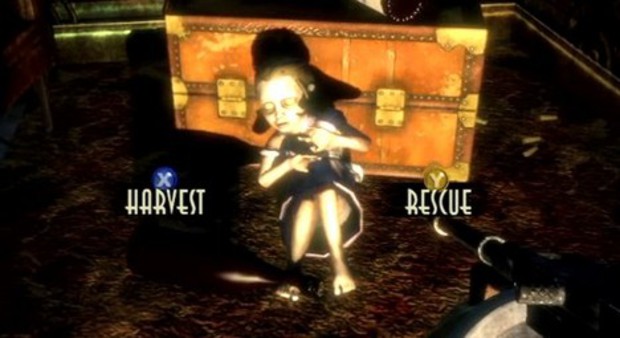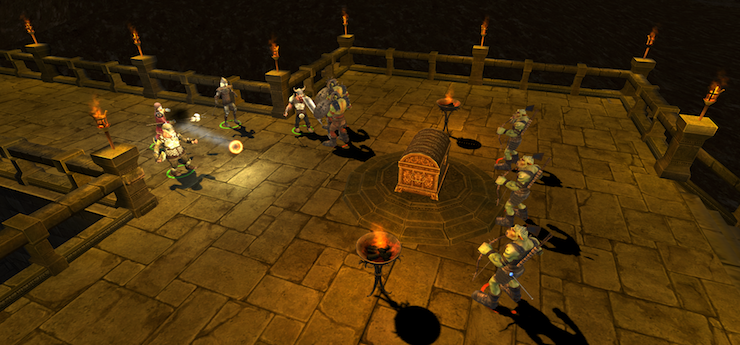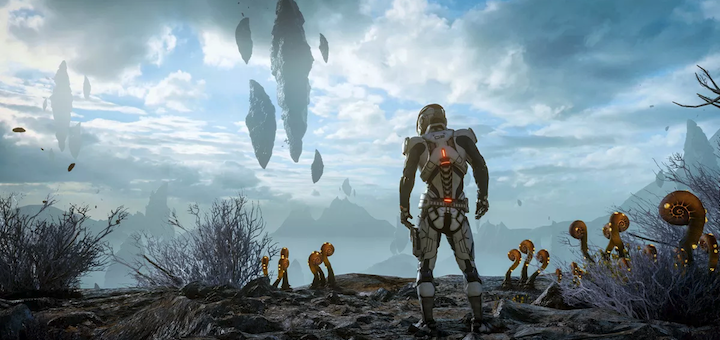I recently watched the documentary Can We Take a Joke? When Outrage and Comedy Collide. As you might imagine, the premise is that outrage is ruining comedy. I was curious. We hear similar arguments here at NYMG: We are ruining video games. We just want to take away everyone’s fun. Not true, of course. We love video games. Also, I think most of us love to laugh. I found Can We Take a Joke? a bit strange and disjointed. Initially, I was having a hard time articulating exactly why the film left me feeling a bit of cognitive dissonance. Part of it came from the extreme examples they used to demonstrate the “attack” on their free speech. But, most of it was because I just didn’t find the jokes funny. A rogerebert.com reviewer wrote:
Despite the presence of Lampanelli, a white female comic in the Don Rickles-Joan Rivers mode whose outrageously cutting persona is carefully modulated, and Foster, an African-American woman who used to contribute to “Imus in the Morning” (a radio show not known for its sympathies to the sorts of activists criticized in this film), most of the major interviewees here are white guys in their forties or fifties who seem peeved that they can’t just say anything they want and be acclaimed as brilliant satirists or harmless purveyors of fun. Their situation often seems less a portrait of righteous village truth-tellers being chased by pitchfork-wielding mobs (as suggested in a bit of old-movie footage) than of a sub-group of comedians who haven’t quite adapted to a new world where audience members are unwilling to suffer grievances in silence, and can now double as critics, thanks to online platforms.
For me, that is what it comes down to. No one is “attacking” their free speech so much as they are criticizing their material. I should note that one of the comedians did receive death threats. There are extremists in every group. And, that’s never ok. But, most of what is portrayed in the film is criticism. And, rightfully so, I think, because in many cases the jokes seem old and tired. Many of the comedians interviewed worked hard to defend their racists and misogynistic jokes. What seemed missing though was a consideration of their audience. The comedians interviewed here don’t seem to consider the critics and hecklers part of their audience, and maybe they aren’t part of the targeted audience. But, the increase in hecklers and critics seems to demonstrate a shift. Maybe it’s just that the jokes aren’t funny anymore (if they ever were). I’m sure there is some small place for these kinds of jokes. I mean, I used to set my alarm clock to Howard Stern because it turns out nothing will get me out of bed faster than needing to shut that man up. But, that’s not censorship. That’s me turning off a clock radio. I feel like there is a difference between censorship and criticism. And, if you feel like you are getting an ever increasing amount of criticism, maybe you should examine why. Just saying “that’s the way we’ve always done it” doesn’t really work well.
While I was trying to work all this out, I started reading Luvvie Ajayi’s I’m Judging You, and I think she puts these types of jokes well in their place with this:
Fat jokes are the discount-rate version of comedy, because everyone can get it but we all know it’s not quality good. They are not particularly clever and are never original. It is lazy, playground, low-hanging-fruit comedy, and folks trot it out when they’re fresh out of other things to say. Basically, it means they should write better material, and shut the hell up until they do.
Here, she is talking about fat jokes, but that pretty much describes what I was thinking as I listened to these comics defend the same old racist and misogynistic jokes. Who cares? It’s not even so much that the jokes offend me because I’m pretty immune to them. I’m immune to them because we’ve heard them over and over. They just aren’t funny.
So, does this mean we can’t take a joke? Nope. Last week, I had the opportunity to listen to poet Ross Gay read at my university. As someone who has never paid much attention to poetry, I wasn’t sure what to expect. Let me tell you: Ross Gay was hilarious. And, his material wasn’t tame. At all. Somehow, he was able to take ordinary topics and twist them, often tackling taboo subjects without ever insulting any particular group or person (except maybe himself). I was so blown away because it was nothing like what I expected a poetry reading to be. His work was so far away from the lazy writing of the jokes defended in the film. His work was unexpected, sharp, and hilarious. I went home an bought his book. So, it turns out I do still like to laugh. Maybe they just need to put some more effort into it.




